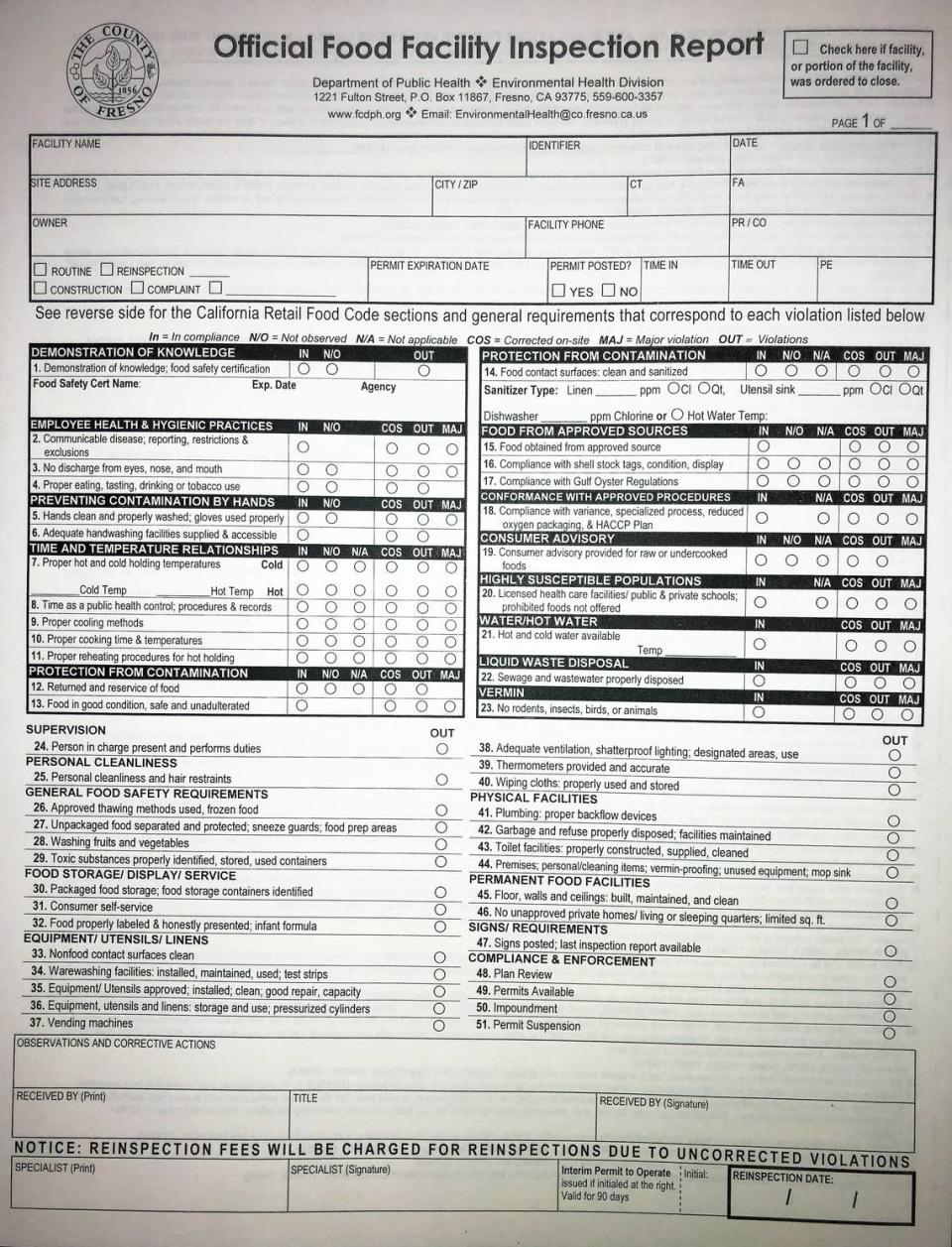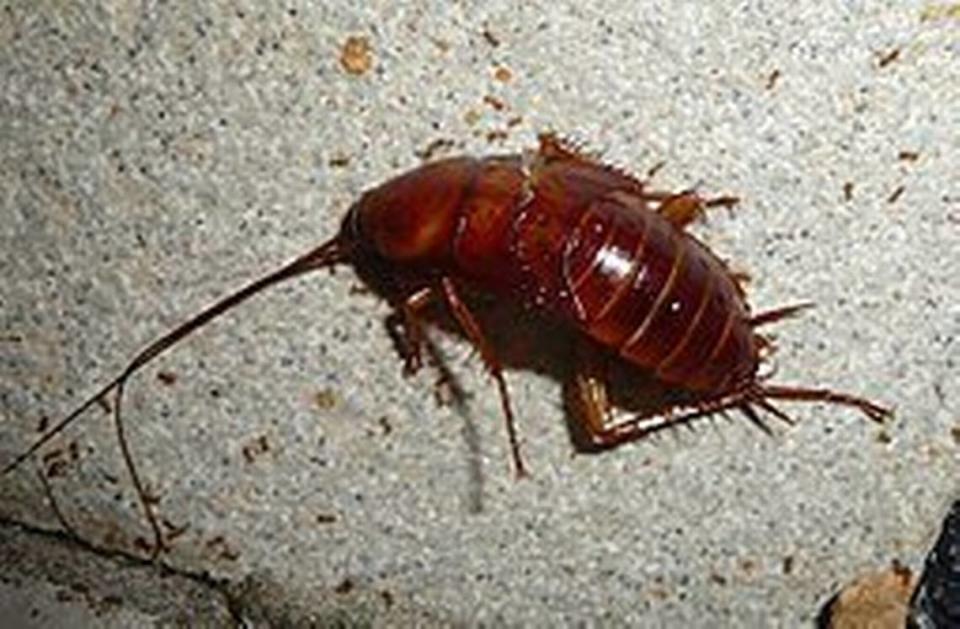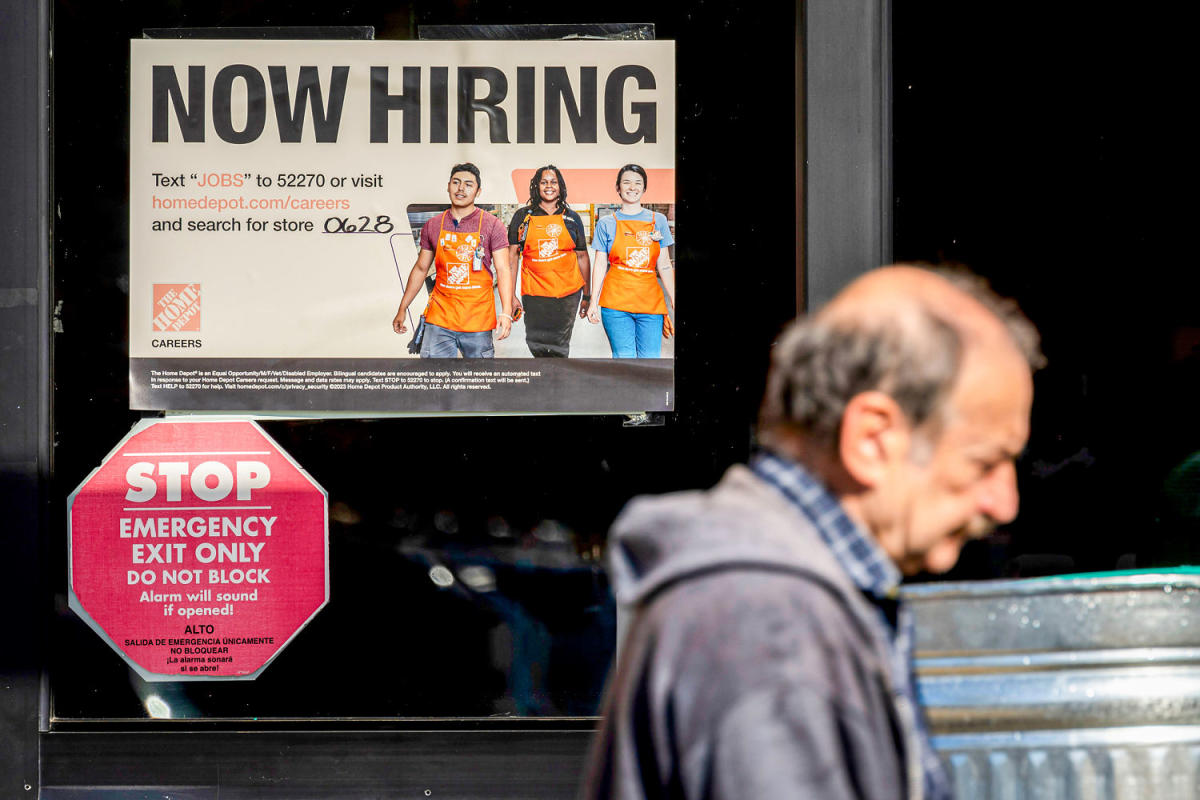Reality Check is a Fresno Bee series holding those in power to account and shining a light on their decisions. Have a tip? Email tips@fresnobee.com.
A lack of hot water for hand-washing or cleaning dishes and utensils is one of the most common reasons for restaurants or other food businesses to face temporary closure after a health inspection.
That’s what was behind the closures of three Fresno businesses in December as a result of inspection visits by the Fresno County Department of Public Health. All were allowed to reopen a day later after restoring hot water to their sinks.
Advertisement
Advertisement
The affected businesses were:
-
West Coast Sourdough in the River Park shopping center on North Blackstone Avenue, closed during a Dec. 10 inspection. The restaurant was authorized to reopen the following day.
-
Teriyaki & More at the southeast corner of Cedar and Ashlan avenues in east-central Fresno, closed after a Dec. 17 inspection and authorized to reopen a day later, on Dec. 18.
-
Fresno Ashlan Gas & Mart at the southeast corner of Ashlan Avenue and Fresno Street in central Fresno, received a partial closure order during a Dec. 17 inspection. The store was told to post the beverage dispensers as closed and not serve fountain drinks until hot water was available at 120 degrees at the three-compartment sink. The store was allowed to fully reopen the next day, on Dec. 18.
The three closures or partial closures in December bring to 58 the number of restaurants, markets and other food businesses that failed their health inspections at some point during 2024.
What inspectors look for
The Fresno County Department of Public Health has about two dozen environmental health specialists who monitor almost 5,000 restaurants, snack bars, grocery stores, commissaries, delicatessens and food vendors across the county, making unannounced visits several times a year.
Restaurants also are inspected in response to complaints or other concerns from the public, including when people report what they believe are health or sanitation issues at restaurants.
Advertisement
Advertisement
Insect or vermin infestations are violations that can result in immediate closure of restaurants or food businesses when they are observed by health inspectors.

A single cockroach like the American cockroach in this file photo won’t necessarily cause Fresno County health inspectors to close a restaurant, but evidence of a significant infestation by these and other critters will prompt a shutdown until the problem is cleaned up.
Among other serious concerns for food safety are refrigerators that don’t keep food cold enough or steam tables that don’t keep food hot enough to inhibit bacterial growth, or clogged sinks or drains that cause contaminated water to back up into kitchens.
A lack of hot water is one of the most common violations Department of Public Health inspectors find when they make their routine visits. Hot water at a temperature of at least 120 degrees is considered important by inspectors for safely washing pots, pans, dishes and glasses, and 100 degrees for employees to wash their hands.
In most instances, if an inspector finds a problem, it’s something that can be fixed on the spot. This can include having enough bleach or sanitizer in the water used to wipe down food-preparation areas, replenishing soap, paper towels and toilet paper in the restrooms, or reminding employees to wash their hands and wear gloves and hairnets.
Advertisement
Advertisement
More in U.S.
When inspectors visit a restaurant or other food service business, there is a lengthy and detailed list of more than 50 things that draw their scrutiny. They include:
-
Whether the manager and all employees have the required food safety or food-handling certificates.
-
Hygiene of individual employees.
-
Ways to keep cold food at or below 41 degrees and hot food above 135 degrees.
-
Use of proper sterilization for counters, tables, utensils and cookware.
-
Overall cleanliness.
-
Proper drainage of sinks and floor drains.
-
Restrooms stocked with supplies.
-
Whether the business has the proper license or permit.

The first page of the form used by Fresno County health inspectors includes a checklist list of more than 50 factors that are checked for compliance with food handling and food safety regulations.
EMEA Tribune is not involved in this news article, it is taken from our partners and or from the News Agencies. Copyright and Credit go to the News Agencies, email news@emeatribune.com Follow our WhatsApp verified Channel




